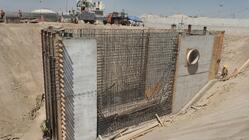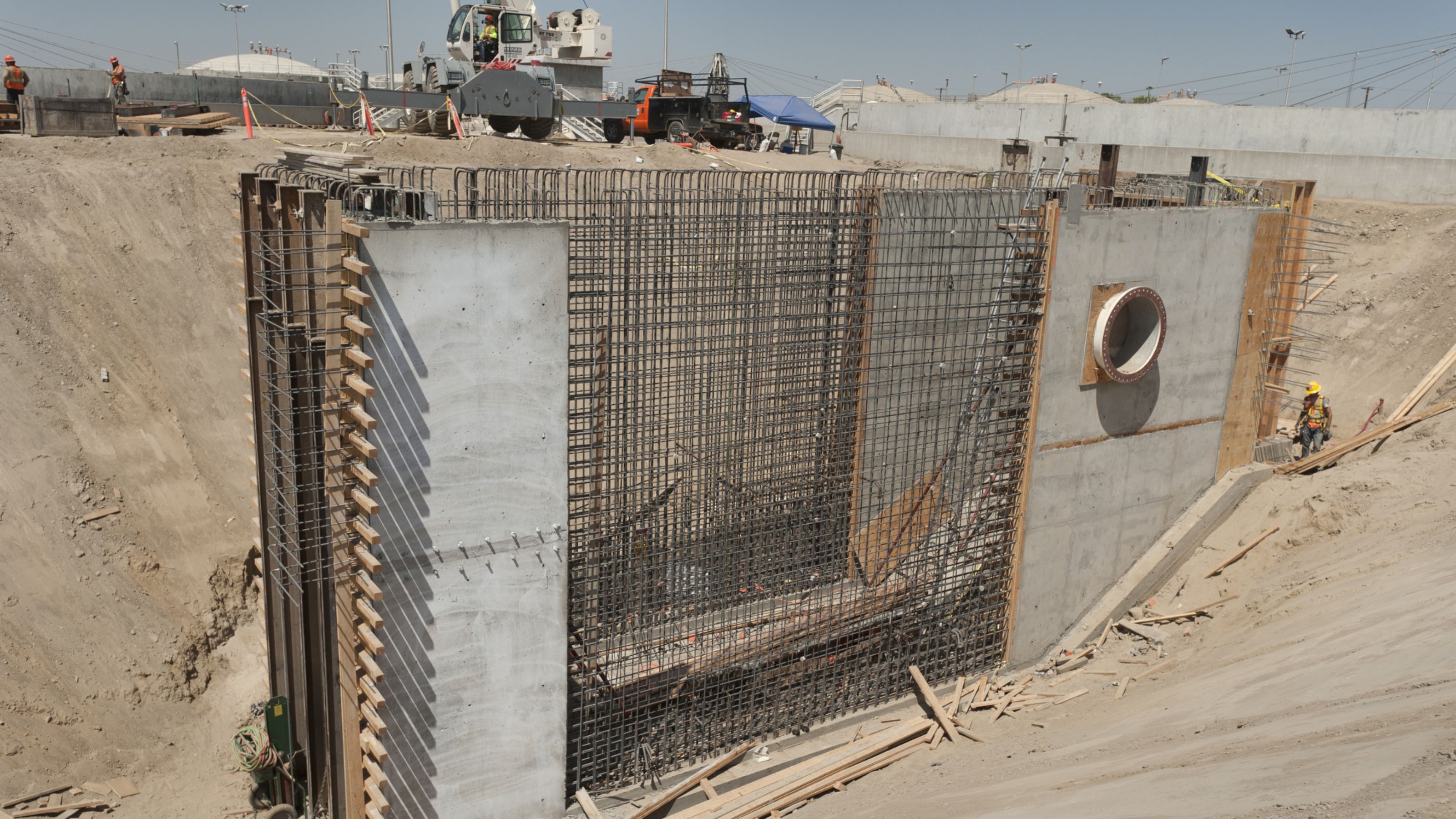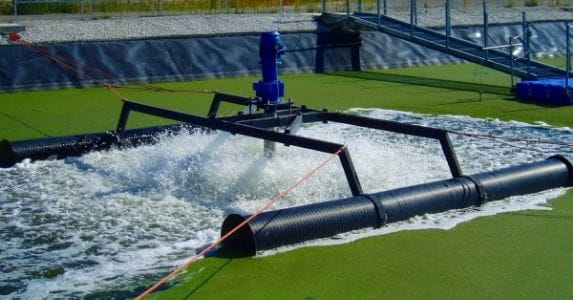4 Tips to Keep Your Wastewater Pretreatment System in Tip-Top Shape
 Properly operating and maintaining your industrial wastewater pretreatment system is key to efficient, successful, and compliant operations. Though many EHS employees understand this, few have a concrete idea of what proper maintenance entails. Are there other steps you can take on a proactive basis to operate your system even more efficiently with less downtime and emergency calls? Absolutely. Here four tactics we use at Triumvirate Environmental.
Properly operating and maintaining your industrial wastewater pretreatment system is key to efficient, successful, and compliant operations. Though many EHS employees understand this, few have a concrete idea of what proper maintenance entails. Are there other steps you can take on a proactive basis to operate your system even more efficiently with less downtime and emergency calls? Absolutely. Here four tactics we use at Triumvirate Environmental.
1. Make Sure Your Pretreatment System Is Designed for Today's Process
Many processes and the wastewater they produce change over time with new manufacturing techniques, new research objectives, new business ventures, and the like, but the wastewater treatment systems often remain untouched. No matter how state-of-the-art they were when installed, sometimes even five years is enough to render that equipment obsolete.
Take the opportunity during the planning stages of facility process changes to revisit the original wastewater treatment design criteria and operational needs of your wastewater system. These records should be kept on file with the department that managed the installation project and/or performs the ongoing maintenance services. If changes happen gradually at your facility, make a point to review this information at least once per year and develop a tool for comparing the capabilities with the needs of the incoming wastewater process. Do they match? If not, you could be in for operational struggles such as fighting fluctuating pH, excessive treatment chemical use, and regulatory violations as a result of inadequate treatment.
2. Certify Your Staff
Most likely, your state and local regulations have requirements for staffing your wastewater system with state-licensed or state-certified wastewater operators. Some states prescribe exactly the minimum requirements down to the operator certification grade or class and the number of hours per day that a certified operator must be present. Other states put the onus of developing these specifics on the company and its wastewater operators department. The idea behind this is that the owners and operators know their equipment and how to run it better than anyone. No matter the case for your particular location, you must have a plan in place for how you will staff your wastewater operations, and equally important, how adverse or emergency situations will be handled.
3. Have a Plan in Place
Any federal, state, or local regulatory inspector worth his or her salt will know if you are in control of your operations or not. With an updated written plan in hand, and a trained staff that is familiar with that plan, you are preparing your operations for the daily grind as well as the unexpected failures and mishaps that are sure to happen over the course of time. At a minimum, your staffing plan must be kept on site and include:
- Emergency contact information and procedures
- Names, contact information, certifications, and qualifications for all wastewater staff
- Business days, hours, and shifts for operations and wastewater staff
- Off-hours coverage assignments or contingencies
Your plan should remain flexible enough to allow for changes when operational adjustments are needed.
4. Preventive Maintenance
For years you have likely heard that you should change your car engine oil every three months or 3,000 miles driven. With late model cars, synthetic oil might allow you to go 10,000 miles or more between oil changes. Wastewater maintenance plans should also have different requirements depending on the system and organization. Though all organizations need a maintenance plan, one maintenance plan does not work for every situation, piece of equipment, or wastewater system.
Types of important preventive maintenance and common frequencies include:
- Visual inspection of all equipment for signs of problems such as leaks, loose wires, and sagging pipes (daily or multiple times per day)
- Cleaning and inspecting sensors (weekly to monthly)
- Calibrating sensors (weekly to quarterly)
- Performance sampling to gauge the effectiveness of treatment units (monthly to semi-annually)
- Cleaning tanks to remove sludge and other buildup, and inspecting tank integrity (quarterly to annually)
Recap
Remember, your mileage may (and very likely will) vary. Not every maintenance plan fits all situations, so look at your unique operations and pay attention to your system when it is sending signals that it needs an adjustment. At the very least, changes upstream should lead to a review downstream. Bring your staff up to speed with the regulatory requirements as well as new operational needs. Add new information to your plan and delete the old. Don’t skimp, but stick to your maintenance plan to ensure longevity and to minimize equipment troubles.
Read more details about our wastewater services and request a free wastewater system review.









.png)